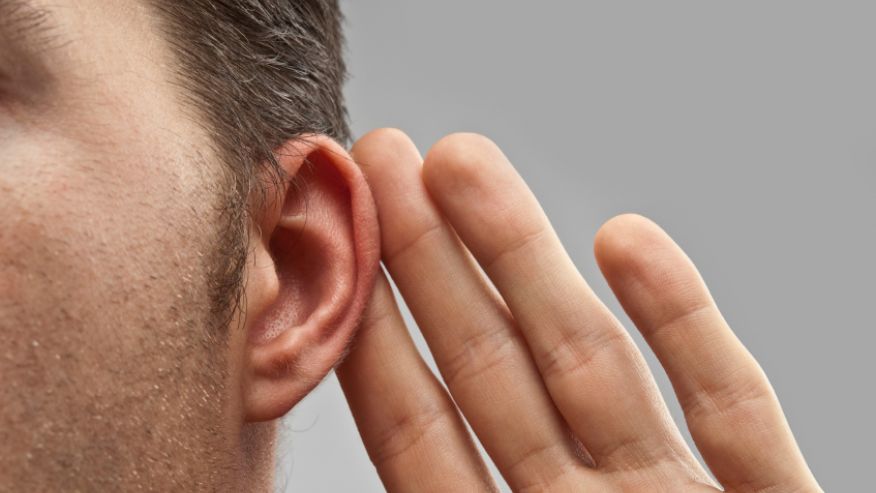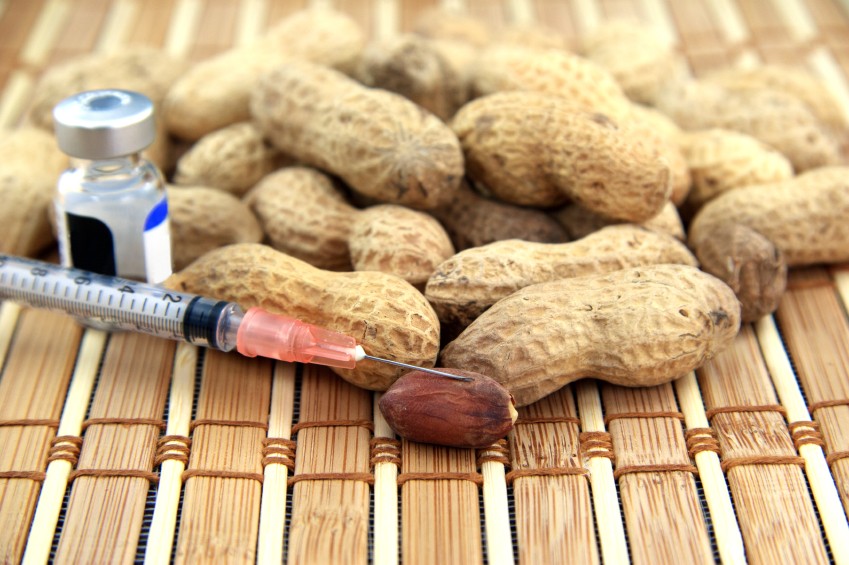
Using a supplement that is a source of Vitamin B3, scientists have successfully prevented noise-induced hearing loss in mice. These promising results suggest that in the future, it may be possible to treat the same condition in humans using this compound. The work has been published in Cell Metabolism.
Our delicate ears are very sensitive and can be damaged by a variety of things, such as noise, trauma and certain diseases, which can all cause us to lose our hearing. Intense noises, for example, can induce hearing loss by triggering the degeneration of the nerve cells, or neurons, that are connected to the tiny hair cells of the cochlea.
Researchers have found a way to prevent noise-induced hearing loss using a simple chemical compound that is a precursor to vitamin B3 (niacin).
This discovery by scientists at from Weill Cornell Medical College and the Gladstone Institutes has important implications for preventing hearing loss.
In a study published in the journal Cell Metabolism, the researchers used the chemical nicotinamide riboside (NR) to protect the nerves in the cochlea. The cochlea, or inner ear, transmits sound information through these nerves along a pathway to the brain. Exposure to loud noises can damage the synapses connecting the nerves and the hair cells in the cochlea, resulting in noise-induced hearing loss.
The researchers involving laboratory animals set out to prevent this nerve damage by giving mice NR before or after exposing them to loud noises. NR was successful at preventing damage to the synaptic connections, avoiding both short-term and long-term hearing loss. What’s more, …
Beyond just preventing hearing loss, the researchers think the results may have broader applications because of the underlying way NR protects nerve cells. The scientists showed that NR and NAD+ prevent hearing loss by increasing the activity of the protein sirtuin 3 (SIRT3), which is critically involved in the function of mitochondria, the powerhouses of the cell.
The researchers hypothesized that it was this enhancement of SIRT3 that was behind the protective properties of NR. To test this, they manipulated SIRT3 levels independently of NR to see if they could still prevent noise-induced hearing loss by administering NR. Sure enough, deleting the SIRT3 gene in mice abolished any of the protective properties of NR. The researchers also showed that a new strain of mice, generated in the lab of co-senior author Eric Verdin, MD, at the Gladstone Institutes and engineered to express high levels of SIRT3, were inherently resistant to noise-induced hearing loss, even without administration of NR.
Please Read this Article at NyrNaturalNews.com





Leave a Reply